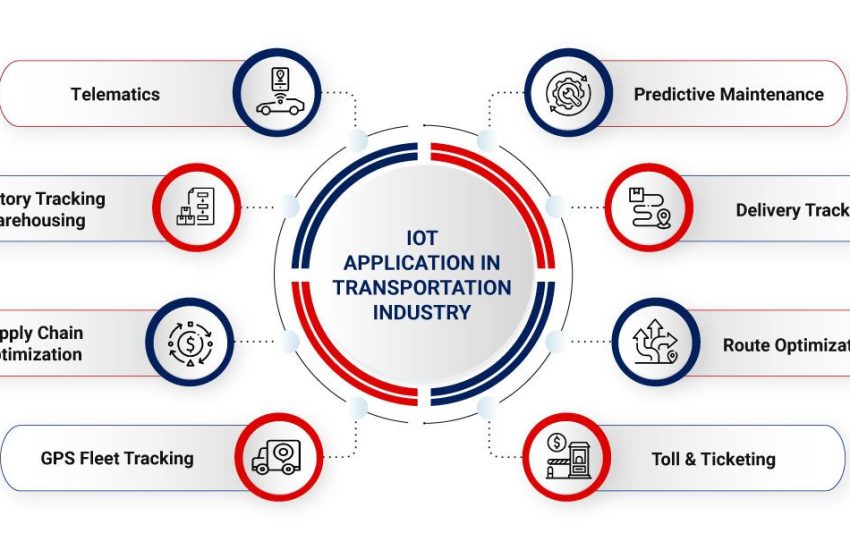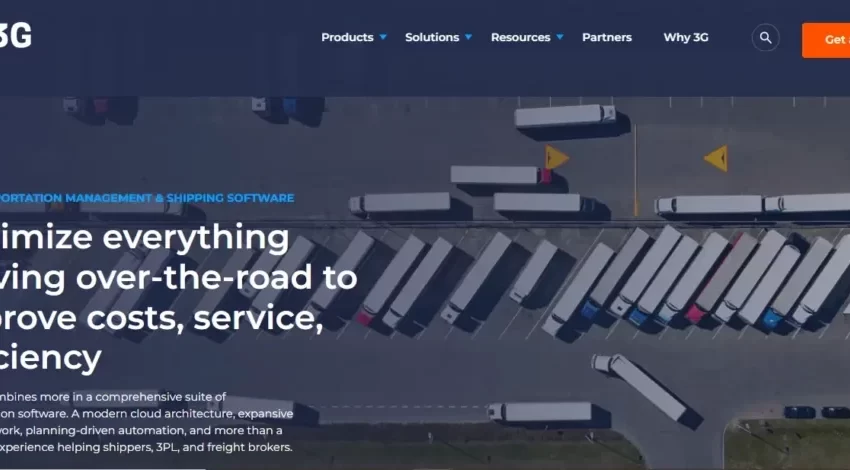How Telematics Is Transforming Fleet Management
In today’s fast-paced world, fleet management is more important than ever. Companies that rely on vehicles for their business operations need to ensure that their fleets are efficient, safe, and cost-effective. This is where telematics technology comes in. Telematics is a game-changer in the world of fleet management, providing companies with real-time data and insights that can help them optimize their operations and maximize their ROI.
What is Telematics?
Telematics is a technology that combines telecommunications and informatics to send, receive, and store information about vehicles. It uses GPS, onboard diagnostics, and wireless communication to collect data on a vehicle’s performance, location, and driver behavior. This data is then transmitted to a central system where it can be analyzed and used to improve fleet management practices.
Real-Time Monitoring
One of the key benefits of telematics technology is real-time monitoring. Fleet managers can track the location of their vehicles at any given moment, allowing them to optimize routes, reduce fuel consumption, and improve driver safety. Real-time monitoring also enables companies to quickly respond to emergencies, such as accidents or breakdowns, ensuring that their operations are not disrupted.
Driver Behavior Management
Telematics technology also allows companies to monitor driver behavior and performance. By tracking metrics such as speed, acceleration, braking, and idling, fleet managers can identify unsafe driving habits and provide feedback and training to improve driver safety. This not only reduces the risk of accidents but also helps companies save on insurance costs and vehicle maintenance expenses.
Vehicle Maintenance
Telematics technology can also help companies keep their vehicles in top condition. By monitoring engine performance, mileage, and other diagnostic data, fleet managers can schedule preventative maintenance tasks and identify potential issues before they become costly problems. This proactive approach to vehicle maintenance can extend the lifespan of fleet vehicles and reduce downtime, ultimately saving companies time and money.
Route Optimization
Another benefit of telematics technology is route optimization. By analyzing data on traffic patterns, road conditions, and driver availability, fleet managers can create more efficient routes that minimize fuel consumption and reduce delivery times. This not only saves companies money on fuel costs but also improves customer satisfaction by ensuring on-time deliveries.
Cost Savings
Overall, telematics technology can help companies save money in a variety of ways. By improving driver safety, reducing fuel consumption, minimizing vehicle downtime, and optimizing routes, companies can lower their operating costs and increase their bottom line. In fact, studies have shown that companies that implement telematics technology can see up to a 30% reduction in fuel costs alone.
Conclusion
Telematics technology is revolutionizing the world of fleet management, providing companies with the tools they need to optimize their operations, improve driver safety, and save money. By leveraging real-time data and insights, companies can streamline their operations, reduce costs, and stay ahead of the competition. In today’s competitive business landscape, telematics technology is no longer a luxury but a necessity for companies looking to stay competitive and profitable in the long run.
Investing in telematics technology is not only beneficial for fleet management, but for the overall success of a company in the tech niche. The data-driven insights and real-time monitoring capabilities that telematics provides can help companies make smarter decisions, improve efficiency, and ultimately drive growth. With the right telematics solution in place, companies can transform their fleet management practices and pave the way for a more successful future.


